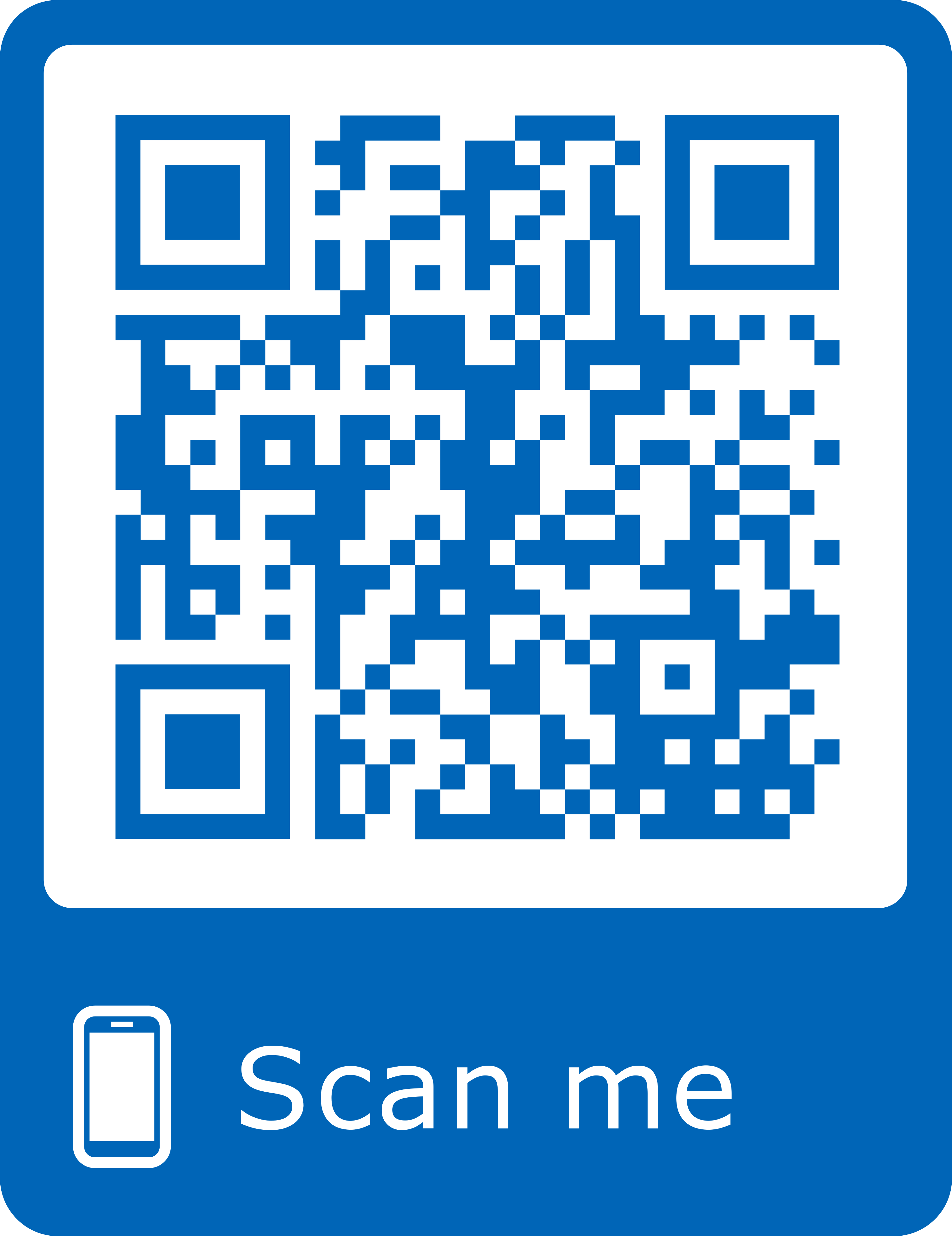- Reference Number: HEY1012/2018
- Departments: Emergency Department
- Last Updated: 31 August 2018
Introduction
This advice sheet has been produced to give you information about head injuries in adult patients. It is not meant to replace discussion between you and your doctor. If after reading it, you require further explanation please discuss this with the relevant person who has been caring for you
Following your examination, we feel it is safe for you to be discharged from hospital. When you get home it is very unlikely that you will have any further problems. If any radiology imaging was required following your head injury, the healthcare team looking after you will have discussed the results with you, prior to making the decision to discharge you.
X-rays do not show any damage to the brain therefore, if any of the following symptoms return or develop, we advise that you return to the nearest Emergency Department as soon as possible:
- Become unconscious or experience confusion (not knowing where you are, getting things muddled up)
- Any drowsiness (feeling sleepy) that goes on for longer than 1 hour when you would normally be wide awake
- Difficulty waking up
- Develop abnormal eye signs e.g. one pupil bigger than the other, squint or double vision
- A severe headache, which is not relieved by rest or simple pain relief medication
- Vomiting more than once
- Have a fit
Things you should not worry about
After suffering from a head injury, you may experience some other symptoms which should disappear within 2 weeks. These include;
- Mild headache
- Feeling sick (without vomiting)
- Dizziness
- Irritability or bad temper
- Problems concentrating or problems with your memory
- Tiredness
- Lack of appetite
- Problems sleepingIf you feel concerned about any of these symptoms in the first few days after discharge, you should make an appointment to see your GP to talk about them. If you continue to experience symptoms, we recommend that you seek a doctor’s (GP) opinion about your ability to drive a vehicle or operative heavy machinery.
Things that will help you get better
Do:
- Make sure a responsible adult stays with you for at least 24 hours following your injury
- Have plenty of rest and avoid stressful situations (avoid reading, TV, loud music, computers, lots of visitors)
- Continue to take your regular medications
- Take over the counter pain relief to relive any pain or headache
Do Not:
- Take any alcohol or illegal drugs
- Take sleeping pills, sedatives or tranquillisers unless prescribed by a doctor
- Return to normal studies or work activities until you feel you have completely recovered
- Return to sport until you feel you have completely recovered
- Drive a car, ride a motorbike or bicycle or operate heavy machinery unless you have completely recovered
Should you require further advice on the issues contained in this advice sheet, please do not hesitate to contact the Emergency Department.
Under the General Data Protection Regulation and the Data Protection Act 2018 we are responsible for maintaining the confidentiality of any information we hold about you. For further information visit the following page: Confidential Information about You.
If you or your carer needs information about your health and well-being and about your care and treatment in a different format, such as large print, braille or audio, due to disability, impairment or sensory loss, please advise a member of staff and this can be arranged.
For further telephone advice:
Emergency Department: tel: 01482 482101
NHS Direct: tel: 111
Bransholme Minor Injuries: tel: 01482 838855
Beverley Minor Injuries: tel: 01482 336446
Adult Emergency Department
Open: 24 hours. Tel: 01482 482108
Emergency Department Reception
Open 24 hours. Tel: 01482 482154

